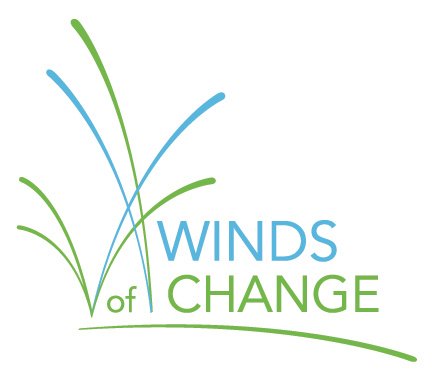
The Water Filtration Project
One of the challenges of living in rural Nicaragua is access to clean drinking water. Despite having wells and assuming clean water comes from the earth, the locals cannot drink the water without risking severe health conditions. Surrounding and beneath the ground, the majority of the country sits on volcanic soil. Heavy metals lace the soil and leech into the groundwater causing kidney disease in adults and is toxic to young children. Many adults we met who drank this water for many years are on medications to help alleviate the health issues they suffer from as a result of drinking the water.
When we spoke to to our NGO partners in the community they expressed the need to address the issue in a sustainable way. As observed on previous projects, without a sustainable, low cost, locally source and supported solution anything offered would quickly breakdown, or need upgraades / replacements that would be too costly for community members. A simple “brita” like filter could do the trick but even a simple device like this does not scale and would be approxibalyte $10 USD per household, per month.
The team went into the community, spoke with the members, observed the tools and materials they had access to and came back to Canada to devise a plan. The students invetigated a lot of different types of technologies and came to the conclusion that the best solution would be a filter made of local “waste” and organic materials found around the community. We also took samples of the water to bring home for analysis and confirmed the presense of harmful heavy metals.
Specifically they focused on coffee grounds and local clay soil as a means of building a filter. Research into ratios, building techniques and mass production based on local supplies and skills began.
In the end we came up with the most suitable solution of a clay based substance formed into large “hockey pucks” (you might need to be Canadian to understand that you). When mixed with the right ratio of coffee ground and fired in an oven until cured, the pourosity of the solid when it burns off the coffee in the clay forms a filter to remove containminents in the water.
We took these pucks and fit them into 5 gallon pails stacked on top of one another and formed a low cost, locally sourced and produced filter. This not only solved the issue of containminated water but also gave the locals a potential business to create and sell these fitlers through the surrouding communities.
Below you can see example photos of the process and final product.







